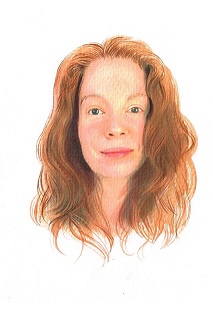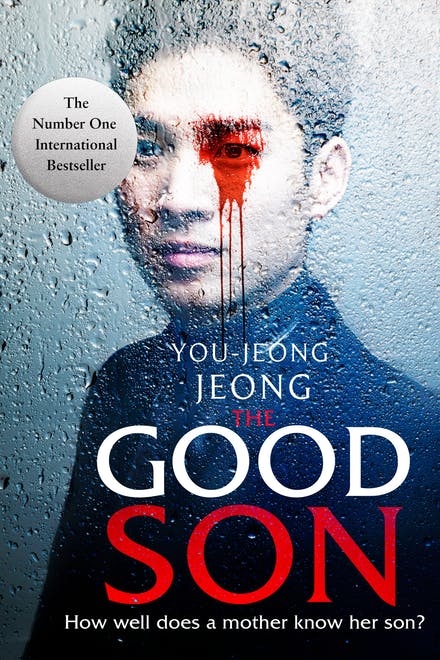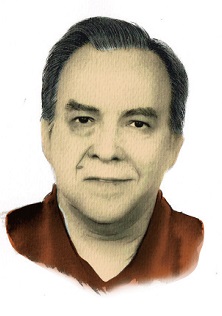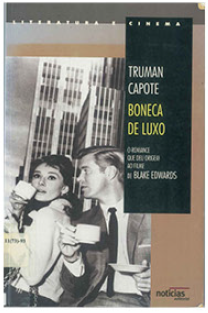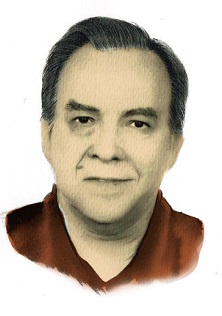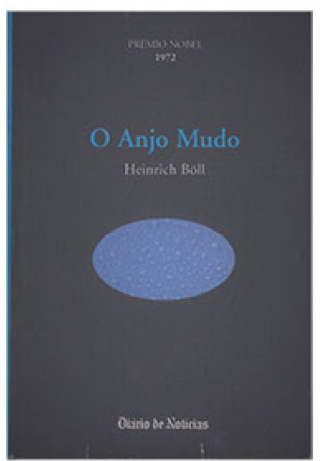‘The Good Son’ by You-Jeong Jeong tells the story of Yu-jin, a hardworking student, a competitive swimmer who had an enviable athletic career ahead of him, and a good son that lives at home with his mother. Yu-jin wakes up one morning finding himself in a conundrum: why is it so quiet and why does it smell so much like blood? During the course of three days, Yu-Jin sets out to investigate every detail of the night he can’t remember much of. The book is divided into four sections: ‘A Call in the Dark’, ‘Who am I?’, ‘A Danger to Others’, and ‘Origin of the Species’, all of which are emotionally tense and leave the reader at the edge of their seat.
Yu-Jin wakes up in a pool of blood. His brother is calling the home phone, asking if everything is alright since he had missed a phone call from their mother late the night before, and she is not answering her cell phone in the morning. Not knowing whose blood it is nor where it came from, Yu-jin searches around the house for a possible break-in only to find their mother murdered on the kitchen floor.
Written in the first person, the reader immerges into Yu-Jin’s mind as he delves into the murder of his mother. How did he not hear it? Where was he as it took place? Yu-jin is puzzled by that morning event.
At times dark and gory, ‘The Good Son’ is a page-turner, suspenseful thriller by South Korean author You-Jeong Jeong. Having had her novels translated into seven languages, this is You-Jeong Jeong’s first novel translated into English. You-Jeong Jeong is highly regarded in South Korea for her psychological thrillers, and award-winning translator Chi-Young Kim has done a phenomenal job translating this number one international best seller into English.
‘The Good Son’ tells the story of Yu-jin, a hardworking student that made it into law school, a competitive swimmer with a brilliant athletic record, and a good son that lives at home with his mother, under the strict schedules and obligations she implemented.
Having suffered from seizures and blackouts for most of his life, Yu-jin often has trouble with his memory. Could this be the reason the previous night’s events become all foggy? Could this be the reason he has no recollection of hearing or seeing any commotion while his mother was being murdered?
Struggling to regain his memory, Yu-jin is adamant about not calling the police right away – it would be incredibly suspicious if he simply told the police he doesn’t remember anything from the night before. That would be an open-and-shut case that would lock him up for a long time. While Yu-jin is figuring out what to do and how to explain that now Mother is “missing” to brother Hae-win and Auntie, who keep calling to check in on her – after all, it is not like Mother to just go away on a retreat for a couple of days without leaving an itinerary or contact number – police show up at the apartment after receiving a call from someone claiming to be Ms Kim Ji-won, Yu-jin’s mother. How could it be Mother if she was murdered the night before? Yu-jin quickly realizes that someone impersonated his mother in order to get into the apartment complex, which required a key at any of its gates. But who? Could it be the killer, to finish off the job and get him next?
Yu-jin is reluctant to ask Hae-win – his brother and best friend – for help because of the optics of it all. It wouldn’t just be the police raising eyebrows and questions at Yu-jin’s “timely and convenient” memory loss, but so too would his brother and Auntie raise questions of their own.
Revelations in Mother’s diary shed a particularly shocking discovery, including to Yu-jin himself, who is left helpless trying to make sense of it all. Could what Mother wrote all these years ago really be true? And why did Auntie play such a key role in Yu-jin’s future as well as Mother’s choices regarding her own son? “The most important decision in my life had been made not by my mother but by her younger sister, a woman who hadn’t given birth to me, brought me up, or even loved me,” Yu-jin says of Auntie.
It is through Mother’s diary that we find out more about Yu-jin, his health, his academic record and his swimming career; and through Yu-Jin, we learn about the other characters – Mother, Auntie, Yongi the food vendor, brother Hae-jin, and brother Yu-min.
Mother’s diary entries, at times, express concern as to whether or not Yu-jin has stopped taking his medication, without which he was prone to seizures. It would not have been the first time. “Looking back, I realized that I had been attacked by smell every time I stopped my meds. Usually they were pungent – blood, fish, sewage, dirt, water, tress, grass. Even perfume or scented oil was strong and unpleasant. This whole time I had believed it foreshadowed a seizure,” Yu-jin confesses to the reader.
Over the course of three days as he struggles to remember what happened the night of Mother’s murder, Yu-jin is forced to relive old memories that date all the way back to his childhood, and the accident that took his brother Yu-min’s life at a very young age. These memories leave Yu-jin, as well as the reader, shocked and wondering how well does a mother truly know her son?
Intriguing and mesmerizing, ‘The Good Son’ leaves the reader enthralled in this family dynamic, equally filled with love, anger and resentment.

